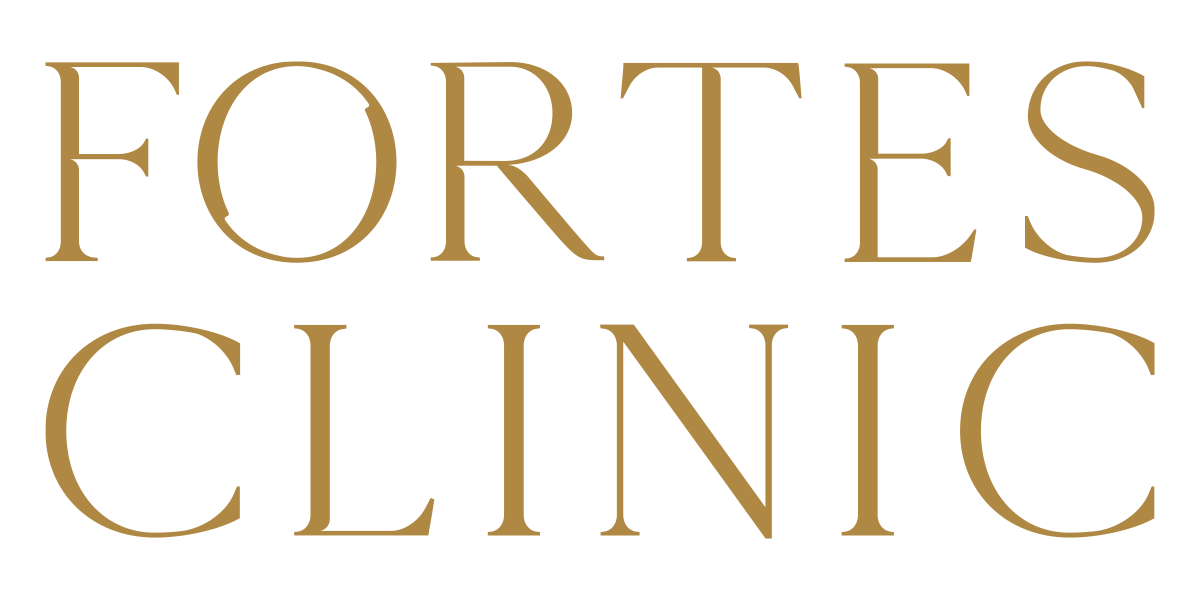Introduction
After a hair transplant, many patients want to know what comes next in terms of care. One of the most frequent questions we hear is, do you have to take medication after hair transplant surgery? The short answer is that medication can play a helpful role in recovery and maintaining results, but it’s not always mandatory for everyone.
In this article, we’ll explore when and why medication might be recommended after a hair transplant, what types are commonly used, and how they support long-term success.
If you’re new to the process, you may want to start with our guide on how a hair transplant works or explore how long a hair transplant will last.
Is Medication Required After a Hair Transplant?
Medication is not strictly required for every patient following a hair transplant. However, in many cases, it is highly recommended to improve healing, reduce the risk of complications, and help preserve existing hair.
Your surgeon will determine the best course of treatment for you based on your hair loss pattern, scalp condition, and medical history. Some patients are advised to take medication for only a short time after surgery, while others may benefit from ongoing use to manage hair loss more effectively.
Common Medications Prescribed After Hair Transplant
Antibiotics
To prevent infection, a short course of antibiotics is often prescribed in the days immediately following the procedure. These help protect the grafts and reduce the risk of any complications during the initial healing phase.
Anti-inflammatory medication
Medications such as corticosteroids or anti-inflammatory tablets may be recommended to minimise swelling around the forehead and eyes. These are typically taken for a few days and help make the early recovery period more comfortable.
Pain relief
Mild discomfort or tenderness is common in the first few days after a transplant. Over-the-counter painkillers like paracetamol or ibuprofen are usually enough to manage any pain.
Finasteride
Finasteride is a prescription medication that helps slow hair loss by reducing the hormone DHT, which contributes to male pattern baldness. It is not essential for everyone, but can be especially helpful for patients wanting to preserve non-transplanted hair.
Minoxidil
Minoxidil, also known as Regaine, is a topical solution or foam that promotes blood flow to the scalp and supports healthy hair growth. Some patients are advised to use it after their transplant to encourage faster regrowth and improve overall density.
Hair-supporting supplements
Certain supplements like biotin, zinc, and saw palmetto may also be recommended. While these are not essential, they can support general hair health and strengthen both transplanted and existing hair.
Why Medication May Be Recommended
The goal of taking medication after a hair transplant is twofold: to support healing and to protect existing hair from further loss. While the transplanted hair is typically permanent, natural hair around the treated area may still be vulnerable to thinning over time.
Medication helps stabilise hair loss and can reduce the need for additional procedures in the future. It also gives the scalp the best possible environment to heal and for the grafts to take root properly.
To learn more about long-term hair protection, see our article on do hair transplants last forever.
How Long Do You Need to Take Medication?
This varies from patient to patient. Antibiotics and anti-inflammatory medication are generally taken for less than a week. Pain relief is used on an as-needed basis during the first few days.
Medications like Finasteride or Minoxidil are often continued for months or even long-term, depending on the individual’s pattern of hair loss and goals. Your surgeon will discuss a plan that suits your lifestyle and needs.
Are There Side Effects?
Most of the medications recommended after a transplant are well-tolerated. However, like any treatment, they can have side effects. Finasteride, for example, may cause sexual side effects in a small percentage of users. Minoxidil can sometimes lead to scalp irritation.
It’s important to discuss any concerns with your specialist. At Fortes Clinic, we tailor medication plans to minimise side effects and only recommend what is genuinely helpful for each patient.
Alternatives to Medication
Some patients prefer not to take long-term medication. In these cases, alternatives like PRP therapy (platelet-rich plasma) may be suggested. This non-surgical treatment uses the patient’s own blood to stimulate hair growth and strengthen follicles.
Maintaining a healthy lifestyle, managing stress, and following a balanced diet can also support hair health, especially when combined with good aftercare following the transplant.
You can also explore our post on non-surgical hair loss treatments for men for additional support options.
Conclusion
So, do you have to take medication after hair transplant surgery? Not always, but in many cases it is advised. Medication can help support healing, prevent complications, and protect your overall results.
At Fortes Clinic, we provide personalised aftercare plans, including advice on medication when appropriate. If you’re considering a hair transplant or want to learn more about post-operative care, book a consultation with our team to discuss your options.



